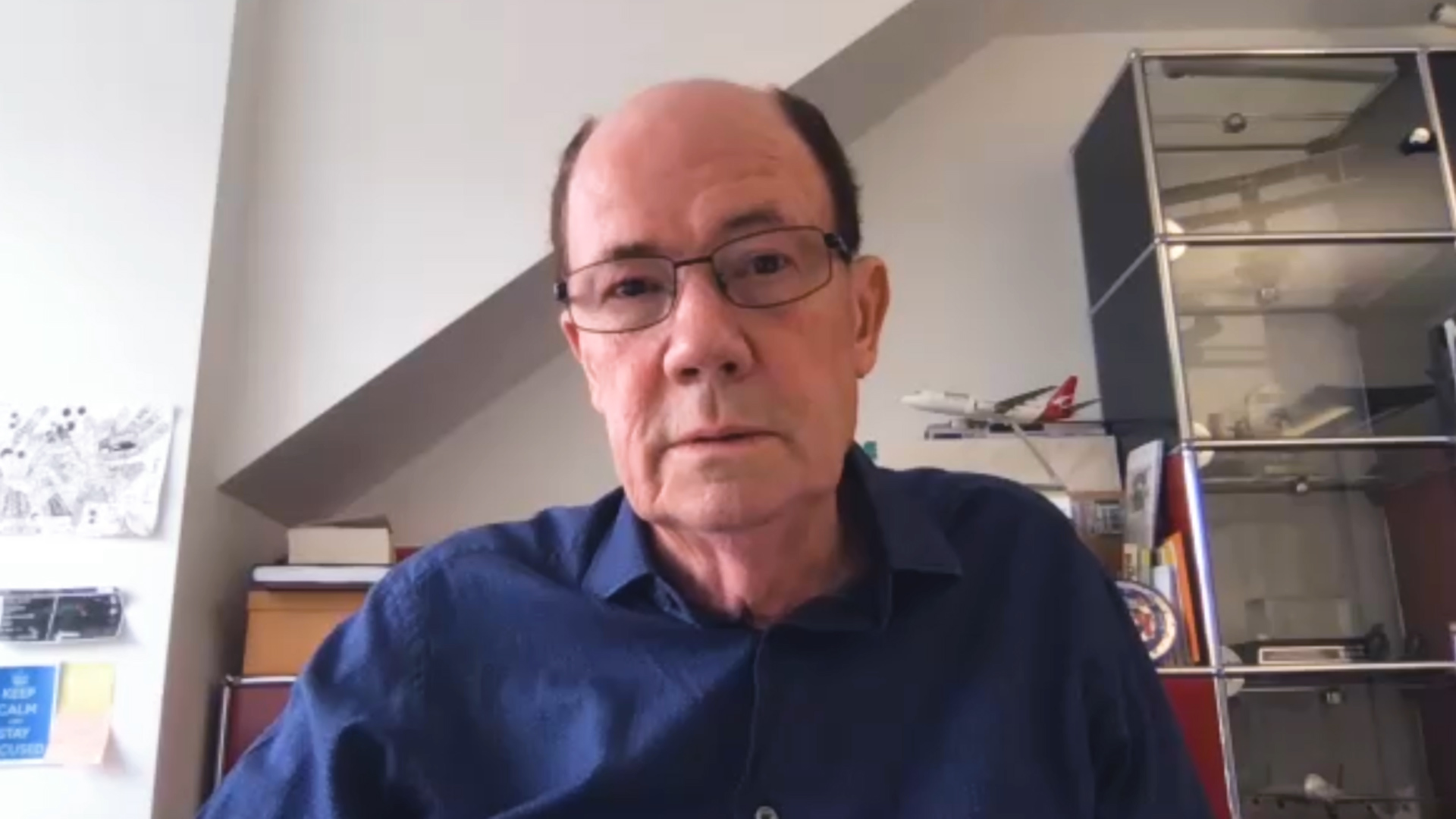
Deferred Aircraft Orders
Former Chief Strategy and Planning Officer at Etihad Airways
inpractise.com/articles/deferring-cancelling-plane-orders
Why is this interview interesting?
- How aircraft OEM’s reacted to deferred orders in 2008 versus today
Wayne Pearce
Former Chief Strategy and Planning Officer at Etihad Airways
Interview Transcript
How did you navigate that conversation with Airbus or Boeing, when you had one aircraft delivered, per month, at that stage and the market is in crisis? Did you cut the orders? Did you defer the orders? How did you approach that?
That’s a really interesting point, because the manufacturer doesn’t want to defer them. It’s exactly like right now. If you go to Airbus or Boeing and say, I really wouldn’t mind putting all my airplanes back, they’re going to say, you’ve got a contract. If we defer you, we haven’t got any other buyers, so you’ve got to take it. Recently, the chief executive of Airbus, came out and said, he was cutting back production jobs in the United Kingdom. Boeing had already announced that their 787 – at their peak production, they were knocking out 13 per month, which is a staggering number – they were going to start to cut that back down to about seven.
To give you an idea, Boeing and Airbus, with the 737 and A320, build between 50 to 60 aircraft, per month. It’s almost incomprehensible. The worldwide demand was just huge. All those order books are sold out for, literally, a couple of years. So if somebody comes in, running British Airways, in the good times and said, “Traffic is not working as well as we wanted it to, Boeing or Airbus, I want to put some orders back.” They would probably say, thank god; we need someone like you, because we’ve oversold. In bad times, they don’t want anyone to do it.
We couldn’t get out of anything and we had this huge order book. The answer is, you have to make do. You have to do the best you can.
They weren’t really flexible, at all, in deferring?
They can’t. They were probably scaling back, but the problem is, it takes you a couple of years to build an aircraft, with the whole supply line. If you go to the Boeing factories in Seattle, it’s amazing. They build a 737 in, literally, 14 days. It’s incomprehensible. I stood there and looked at this line and, every day, this plane gets shunted one position further on and they bolt on the wings. The next day, they bolt on the engines. The reason they can do that is, all those things are built and assembled in multiple factories, not only in the United States, but all around the world. You’ve got all this stuff built for years out and you can’t just put a stop to it.
The trouble is, when you do start to slow it down, it’s like a super tanker and it’s going to take you another enormous period of time, a couple of years, to ramp it up to where it was. All those people who have stopped building their part of the aircraft have been laid off, gone away, the factory has shut, converted to building something else.
Do you think the situation today is different from the situation in 2008?
Copyright Notice
This document may not be reproduced, distributed, or transmitted in any form or by any means including resale of any part, unauthorised distribution to a third party or other electronic methods, without the prior written permission of IP 1 Ltd.
IP 1 Ltd, trading as In Practise (herein referred to as "IP") is a company registered in England and Wales and is not a registered investment advisor or broker-dealer, and is not licensed nor qualified to provide investment advice.
In Practise reserves all copyright, intellectual and other property rights in the Content. The information published in this transcript (“Content”) is for information purposes only and should not be used as the sole basis for making any investment decision. Information provided by IP is to be used as an educational tool and nothing in this Content shall be construed as an offer, recommendation or solicitation regarding any financial product, service or management of investments or securities.
© 2026 IP 1 Ltd. All rights reserved.


